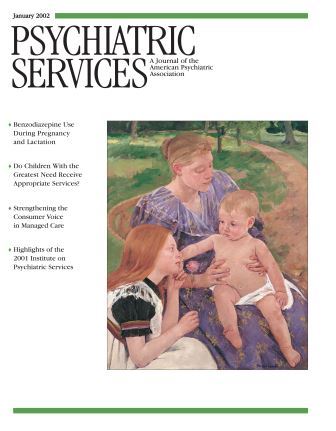Chinese Medical Psychiatry: A Textbook and Clinical Manual
More and more books introducing Chinese medicine to the West have been published in the past decade. As far as I know, Chinese Medical Psychiatry is the only English-language work published thus far that focuses on bridging the divide between Chinese and Western medicine in the realms of the nosology, etiology, pathology, and psychopharmacology of mental disorders.
The authors merge the "essence spirit diseases" of Chinese medicine with the science of Western psychiatry and produce a comprehensive and integrated Chinese medical psychiatry. Bob Flaws is a diplomate in acupuncture and Chinese herbology, certified by the National Certification Commission for Acupuncture and Oriental Medicine. He has had over 20 years of experience in clinical practice, in teaching, and in editing books on Chinese medicine. James Lake is a board-certified psychiatrist who has a long-standing interest in the integration of Chinese and Western medicine in the treatment of psychiatric disorders.
Chinese Medical Psychiatry is divided into three "books." Book 1 introduces the general principles and theories of Chinese medicine. Book 2 covers the causes, mechanisms, patterns, and treatment of 21 traditional Chinese psychoemotional conditions. Book 3 describes 12 modern Western psychiatric disorders and their corresponding dysfunction patterns, possible causes, mechanisms, and treatment formulas in Chinese medicine. A comparison of Chinese and Western medicine in mental disorders in books 2 and 3 opens a new field of vision for both Chinese and Western medical practitioners to understand psychoemotional disorders from different cultural perspectives.
The text's rich clinical information will provide useful guidance for medical students or mental health professionals who are interested in integrative medicine or who wish to study Chinese alternative medicine. For example, some psychopathological phenomena found or recognized only in Chinese culture (1), including qi-gong deviation, qi-gong-induced psychosis, and neurasthenia, are largely unrecognized in the West (2). Instead, a similar clinical phenomenon of neurasthenia, namely, chronic fatigue syndrome, has gained currency in Western medicine, but no effective treatment has been formulated (3,4). The pattern discriminations and corresponding treatment formulas of Chinese medicine may provide alternative ways of categorizing and treating chronic fatigue syndrome in the West. This book invites us to rethink the possible ways of integrating the medical treatment of this and many other mental disorders, and it may help us develop new research approaches that seek to combine rather than divide the efforts of these two major medical cultures.
Theories of Chinese medicine, based on ancient Chinese philosophy, include such concepts as the balance of yin and yang and the transformation of qi and blood. Although it is clear from thousands of years of historical records in the East that treatment methods based on such theories and pattern discriminations are practical and clinically effective, from the Western medical perspective the "causes" and "mechanisms" in Chinese medicine are merely hypothetical, and the nosology of dysfunctional patterns is often viewed as lacking the pathological basis of contemporary Western medicine.
These methodological divisions persist as cultural obstacles to Western interpretations of the results of Chinese medical research. Chinese Medical Psychiatry provides a new framework for developing integrative nosologies and treatment formulas, which are important for psychiatric research where Eastern and Western medicine meet (5).
Dr. Zheng is a senior research scientist with the Research Center on the Psychobiology of Ethnicity at Harbor-UCLA Medical Center in Torrance, California.
1. Chinese Medical Association. Chinese Classification of Mental Disorders, 2nd ed. Changsha, China, Hunan Medical University, 1990Google Scholar
2. Kleinman A: Neurasthenia and depression: a study of somatization and culture in China. Culture, Medicine, and Psychiatry 6:117-190, 1982Crossref, Medline, Google Scholar
3. Fukuda K, Dobbins JG, Wilson LJ, et al: An epidemiologic study of fatigue with relevance for the chronic fatigue syndrome. Journal of Psychiatric Research 31:19-29, 1997Crossref, Medline, Google Scholar
4. Abbey SE, Garfinkel PE: Neurasthenia and chronic fatigue syndrome: the role of culture in the making of a diagnosis. American Journal of Psychiatry 148:1638-1646, 1991Link, Google Scholar
5. Jacobs JJ: Building bridges between two worlds: the NIH's office of alternative medicine. Academic Medicine 70:40-41, 1995Crossref, Medline, Google Scholar



